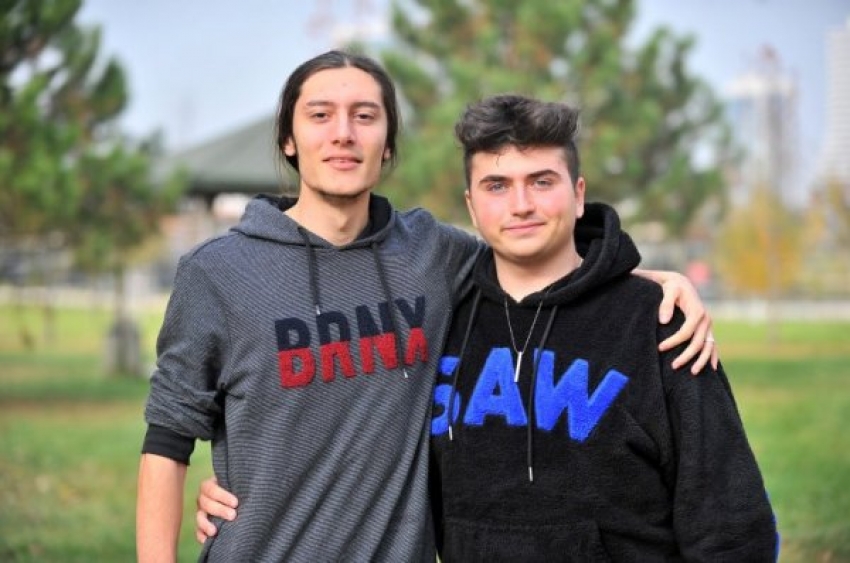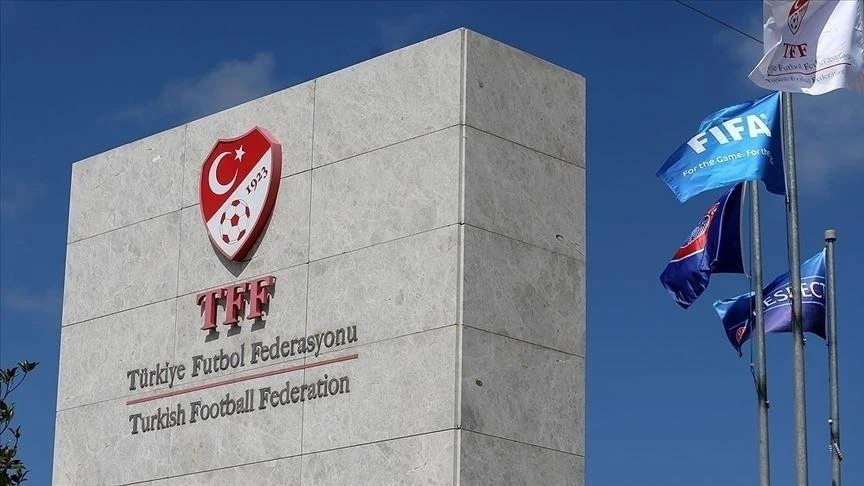Rising distrust: What’s driving Turkish youth’s loss of faith in institutions?
 Why Turkish youth have lost faith in institutions?, via Yenicag
Why Turkish youth have lost faith in institutions?, via Yenicag
Recent surveys have revealed a concerning trend: 18.2% of Turkish youth express a complete lack of trust in any institution. While the military (19.7%) and police (16.5%) are still considered relatively trustworthy, key institutions such as the judiciary and media are facing significant credibility challenges.
This widespread distrust signals a deeper generational disillusionment, potentially undermining the foundation of institutional legitimacy in Türkiye.
Why this matters
- Disconnection from governance: A generation that feels disengaged and underrepresented may be less likely to participate in or support governmental processes.
- Potential for social unrest: The absence of trust in institutions may lead the youth to seek alternative, possibly disruptive, means of expressing their frustrations.

‘We can’t influence anything’: Silenced generation
Young people’s inability to affect political outcomes has fostered a strong sense of powerlessness. Traditional political mechanisms often seem unresponsive to their needs, exacerbating the gap between the youth and the political system.
Key barriers to participation of Turkish youth:
- Lack of channels for engagement: Many young individuals are unaware of how to engage wcth political bodies or civil society organizations, partly due to limited educational programs on civic engagement.
- Skepticism about participation: A substantial portion of the youth doubts that their involvement will produce meaningful results, creating a cycle where disengagement leads to further disillusionment.
- Fear of social pstracism: The polarized political climate intensifies fears of judgment or marginalization based on political views, discouraging open political expression.
- Gender-based challenges: Young women face additional barriers such as societal expectations and familial responsibilities, which can limit their political participation. They often feel the need to work harder to prove their competence, deterring them from pursuing leadership roles.

‘Jobs first, politics later’: Economic priorities dominate
Economic stability is the primary concern for young Turks. A significant 39.1% prioritize job creation when evaluating political candidates and platforms. Employment opportunities and economic uncertainty heavily influence their political preferences.
Economic Challenges Faced by Youth:
- High unemployment rates: Many young graduates struggle to find jobs that match their qualifications, leading to frustration and hopelessness.
- Underemployment: Those who do find work often settle for positions below their skill levels or in temporary roles lacking long-term stability.
- Demand for sustainable policies: Young people seek long-term economic policies that address their overall quality of life, including affordable housing, health care and educational opportunities.
‘Protest votes and uncertainty’: New wave of political dissent
Political preferences among Turkish youth are fluid, with many expressing dissatisfaction with the current climate. Approximately 25.6% remain undecided or choose not to disclose their preferences, indicating potential volatility in upcoming elections.
Key trends in youth voting behavior:
- Rising protest voting: Around 11.8% of respondents are considering voting for candidates as a form of protest against the current political system, reflecting deep-seated frustration.
- Undecided voters: A notable portion of young people have yet to determine their political affiliations, representing a critical swing vote that could significantly influence election outcomes.
- Support for major parties: While 23.5% of the youth support the main opposition CHP and 20.1% favor the ruling AK Party, a significant portion remains undecided, keeping the political landscape uncertain.

What young Turks need to reengage
Reengaging the youth requires more than policy promises; it necessitates systemic changes to create inclusive and responsive political structures.
Strategies for reengagement:
- Increase civic awareness: Implement educational programs on civic engagement and political institutions and use social media to engage youth in political discussions.
- Create inclusive participation channels: Establish youth-specific forums and councils, and encourage political parties to recruit and train young members.
- Address economic concerns: Develop employment initiatives aligned with young people’s skills and aspirations, and promote entrepreneurship to create new opportunities.
- Promote gender equality in politics: Implement mentorship programs for young women in leadership roles and address societal biases that hinder their political participation.
The data underscores the urgent need for a political environment that actively listens to and incorporates the perspectives of young Turks. As the nation faces complex political challenges, engaging the youth and addressing their concerns can pave the way for a more inclusive and democratic future.
By focusing on economic issues, breaking down barriers to participation, and rebuilding institutional trust, Türkiye can tap into the potential of its young citizens to strengthen its democratic institutions.



